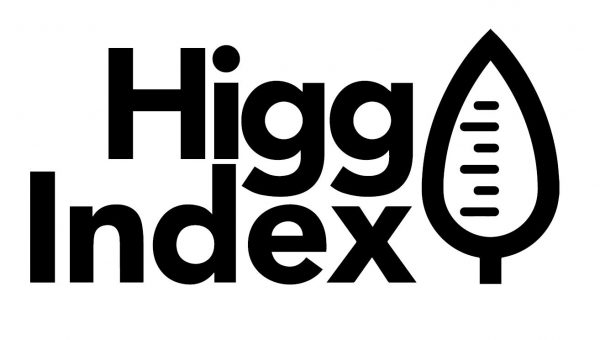
Higg Index: Comprehensive Sustainability Measurement Tools for the Apparel and Footwear Industries
The Higg Index, developed by the Sustainable Apparel Coalition (SAC), is a suite of tools that enables brands, retailers, and manufacturers in the apparel, footwear, and textile industries to measure their sustainability performance. The Higg Index provides businesses with a comprehensive framework to assess the environmental, social, and labor impacts of their products, supply chains, and facilities, helping them make more informed decisions to reduce their overall footprint and improve their sustainability practices.
The Higg Index is used by some of the world’s largest fashion brands to benchmark and improve sustainability performance across all levels of the supply chain, from raw material sourcing to finished products. By offering standardized measurement tools, the Higg Index helps companies assess and communicate their sustainability efforts, align with industry standards, and work toward transparency and sustainable development.
Key tools within the Higg Index include:
-
Higg Facility Environmental Module (Higg FEM): This module enables manufacturers to measure the environmental impact of their facilities, such as energy use, water consumption, chemical management, and waste generation. Higg FEM provides insights into operational efficiencies, helping businesses set and achieve sustainability targets.
-
Higg Facility Social & Labor Module (Higg FSLM): The FSLM assesses social and labor conditions within manufacturing facilities, focusing on workers' rights, wages, health and safety, and well-being. This tool helps organizations identify areas for improvement, ensuring compliance with social responsibility standards.
-
Higg Brand & Retail Module (Higg BRM): The BRM tool allows brands and retailers to evaluate the environmental and social impacts of their overall operations, including corporate policies, procurement practices, supply chain transparency, and consumer engagement. It helps businesses identify where they can reduce negative impacts and increase sustainability in brand management.
-
Higg Materials Sustainability Index (Higg MSI): This tool measures the environmental impact of different textile materials, including factors such as carbon emissions, water usage, and chemical inputs. The MSI provides designers and product developers with insights into the sustainability of their material choices, enabling them to make more eco-friendly design decisions.
-
Higg Product Module (Higg PM): The Product Module offers a life cycle assessment (LCA) approach to measuring the environmental impact of products, from raw material extraction to the end of life. This module helps brands understand the full footprint of their products, allowing for improvements in design, production, and material use.
-
Higg Transparency Program: The Higg Index also offers a consumer-facing transparency program, which allows brands to share their sustainability performance publicly. This program promotes transparency and helps consumers make informed purchasing decisions based on environmental and social impacts.
-
Key Benefits:
-
Comprehensive sustainability measurement tools for the apparel, footwear, and textile industries.
-
Helps businesses assess environmental impacts across facilities, products, and supply chains.
-
Measures social and labor conditions to promote responsible manufacturing.
-
Provides data-driven insights to improve sustainability in material sourcing and product development.
-
Encourages transparency by allowing businesses to communicate their sustainability performance to consumers.
-
Supports alignment with global sustainability standards, including those of the UN SDGs.
-
For more information, visit the official product page: Higg Index by Sustainable Apparel Coalition
Similar Products
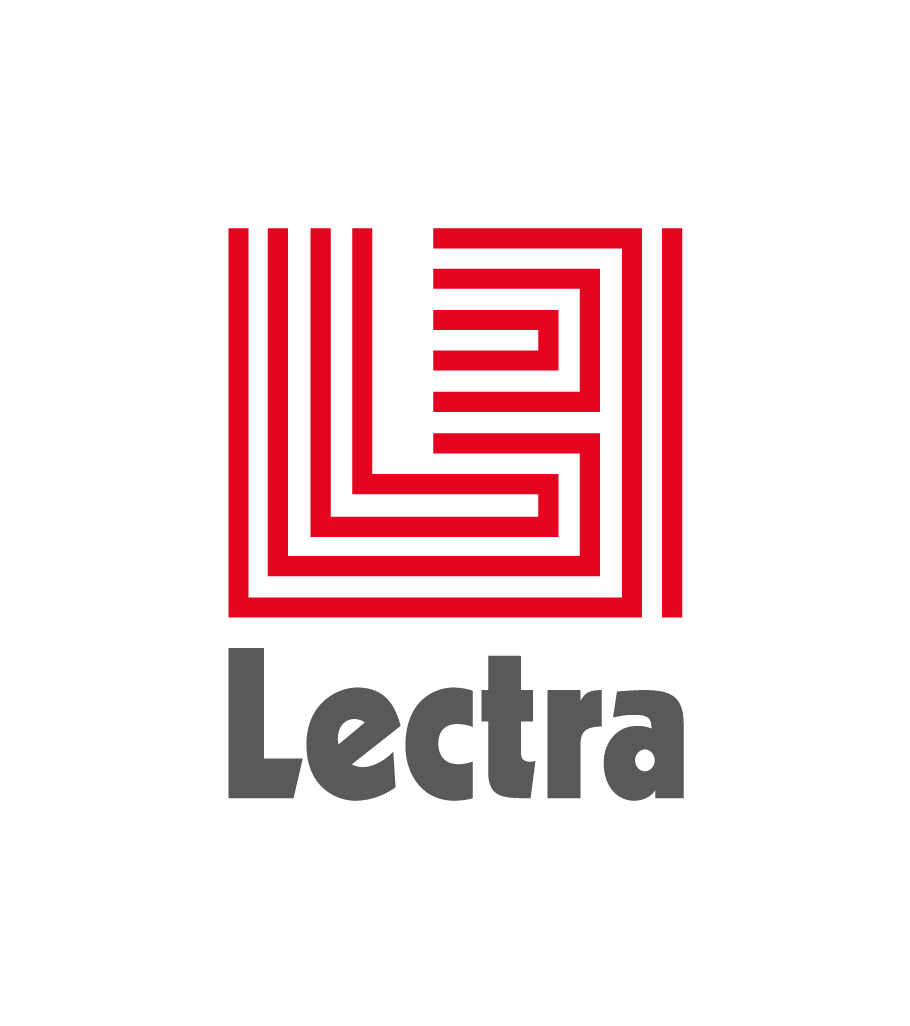
Lectra Fashion PLM
Lectra Fashion PLM: End-to-End Product Lifecycle Management for the Fashion Industry Lectra Fashion…

AIMS360
AIMS360: Cloud-Based ERP for the Fashion and Apparel Industry AIMS360 is a leading cloud-based ERP …
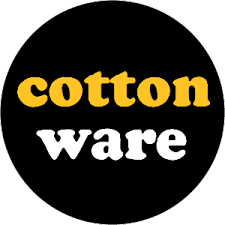
CottonWare
CottonWare: ERP Software for the Apparel and Textile Industry CottonWare is a specialized ERP (Ente…
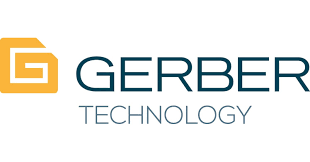
Gerber Technology
Gerber Technology: End-to-End Solutions for Apparel and Textile Design, Manufacturing, and Automati…
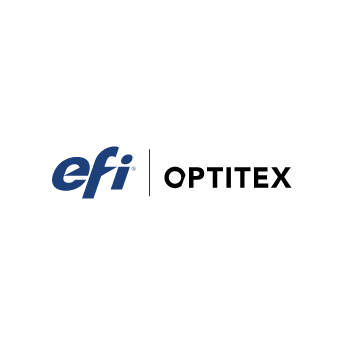
EFI Optitex
EFI Optitex: Integrated 2D/3D CAD Software for Fashion and Apparel Design EFI Optitex is a leading …